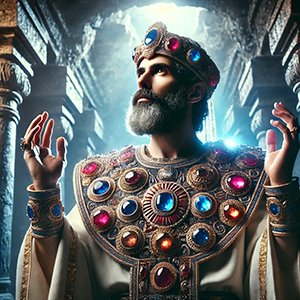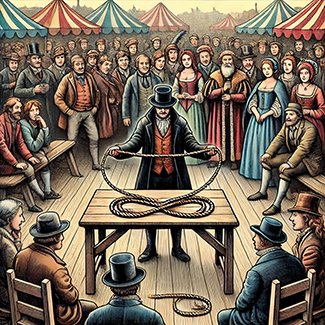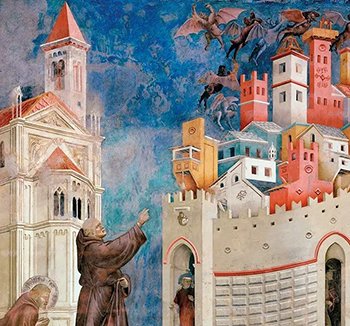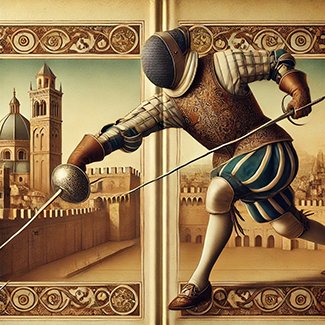
Unlocking the Mystery of the Urim and Thummim: Ancient Israel’s Divine Decision-Making Tools
Imagine you’re an ancient Israelite. Your enemies are camped on the horizon, your leaders are arguing, and you need to know if going into battle is a good idea. Do you:
A) Flip a coin?
B) Trust your gut?
C) Ask your High Priest to pull out the divine equivalent of a Magic 8-Ball?
If you picked C, congratulations—you’re ready to use the Urim and Thummim!
These ancient tools of divine decision-making were like having a hotline to God, except without the hold music. But what were they, where did they come from, and why did they disappear like a bad Tinder match? Let’s dive into the weird and wonderful world of the Urim and Thummim!

Fast and Loose: A Historical Analysis of the Classic Con Game
"Fast and Loose" is one of history's most infamous con games, designed to deceive participants through sleight of hand and manipulation. Originating in the medieval period, this game gained popularity at fairs and markets across Europe and later the Americas. Over time, "Fast and Loose" evolved from a literal game to a metaphor for dishonesty and recklessness, reflecting broader cultural themes of trust, deception, and risk.
This post examines the historical evolution of "Fast and Loose," its mechanics, and its cultural significance while exploring how it transitioned into metaphorical usage.


Exploring Necromancy in Renaissance Italy: Political & Military Influence
Explore a scholarly critique of Josh Weist’s article on necromancy in Renaissance Italy. This analysis delves into the occult practices influencing military and political power in the Renaissance, with a focus on Bologna. Learn about the ethical, historical, and scholarly dimensions of Weist's work and its impact on our understanding of the period

Manciolino and the Printing Revolution: The Intersection of Martial Arts, Military Strategy, and Renaissance Thought
In the Renaissance, martial arts were not only a means of personal defense but also deeply tied to the intellectual, political, and military currents of the time. One of the most significant works to emerge from this period is Antonio Manciolino’s Opera Nova, which stands as a foundational text in the development of fencing and martial arts literature in Renaissance Italy.